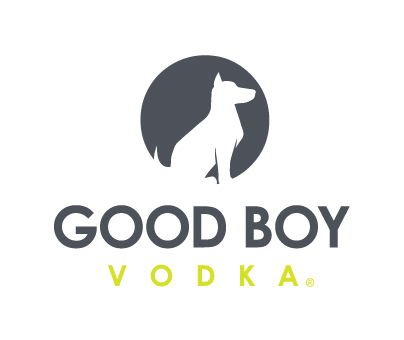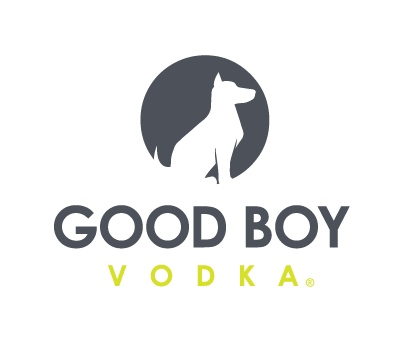Whole Foods Woes Continue with FDA Warning Letter
This week natural products retailer Whole Foods Market received a warning letter from the FDA for numerous “serious violations” of the U.S. Food and Drug Administration’s (FDA) Current Good Manufacturing Practice (cGMP) regulations for manufacturing, packing or holding food. The warning is perhaps a red flag that in an effort to streamline production, the retailer has put too much emphasis on regional facilities.
The violations occurred at the retailer’s commercial kitchen located in Everett, MA. The facility produces foods for 74 stores in the North Atlantic (Massachusetts, Connecticut, Maine, New Hampshire, Rhode Island) and Northeastern (Western Connecticut, most of New Jersey, and New York) regions.
During two visits the FDA noted the following violations:
- Twelve counts of failing to produce, package and store foods under safe conditions that minimize the potential for growth of microorganisms and contamination
- A failure to maintain equipment through appropriate cleaning and sanitizing
- Four counts of failing to properly sanitize and dry food preparation surfaces that have been wet cleaned
- Three counts of failing to protect food and food surfaces from filth and chemicals
- A handwashing station that didn’t offer hot water
- Not identifying toxic sanitizing agents properly in order to avoid food contamination
Perhaps most damaging for the company’s reputation, was the evidence of the non-pathogenic bacteria Listeria Welshimeri. According to the FDA letter, this form of Listeria is an indicator of “the probable presence of Listeria monocytogenes” and, at the least, conditions that support its growth.
A lawyer in the natural products industry explained to Project NOSH how Whole Foods could have possibly avoided the PR issue. The retailer received notice of the inspection issues via a form 483 and, according to the FDA, didn’t demonstrate to the agency that it would properly handle the complaints. It was at that point that a letter was issued.
“They don’t want to just hear promises that yes you will address things, they want to see proof,” the lawyer told NOSH. “Almost always when we see these warning letters it’s because the company failed to document what they’re doing to address the issues.”
For its part, Whole Foods feels it responded adequately. In a statement released on its website, the retailer wrote, “The thorough and tangible steps that were taken in the North Atlantic Kitchen to address each of these points were not reflected in the FDA’s follow-up letter.”
“We were honestly surprised,” Ken Meyer, executive vice president of operations for Whole Foods Market, expressed in the statement.“We’ve been in close contact with the FDA, opened our doors to inspectors regularly since February and worked with them to address every issue brought to our attention.”
The kitchen has traditionally produced many of the items sold in the stores’ Prepared Foods department (such as hot bars, salad bars, soups, deli cases and pre-pack walls). In the past few years, the facility has also started producing items for other departments including the Specialty/Cheese department and Produce department.
The shift to products produced at the commissary rather than at the store is part of the retailer’s efforts to trim store labor through reducing back of house work.
















